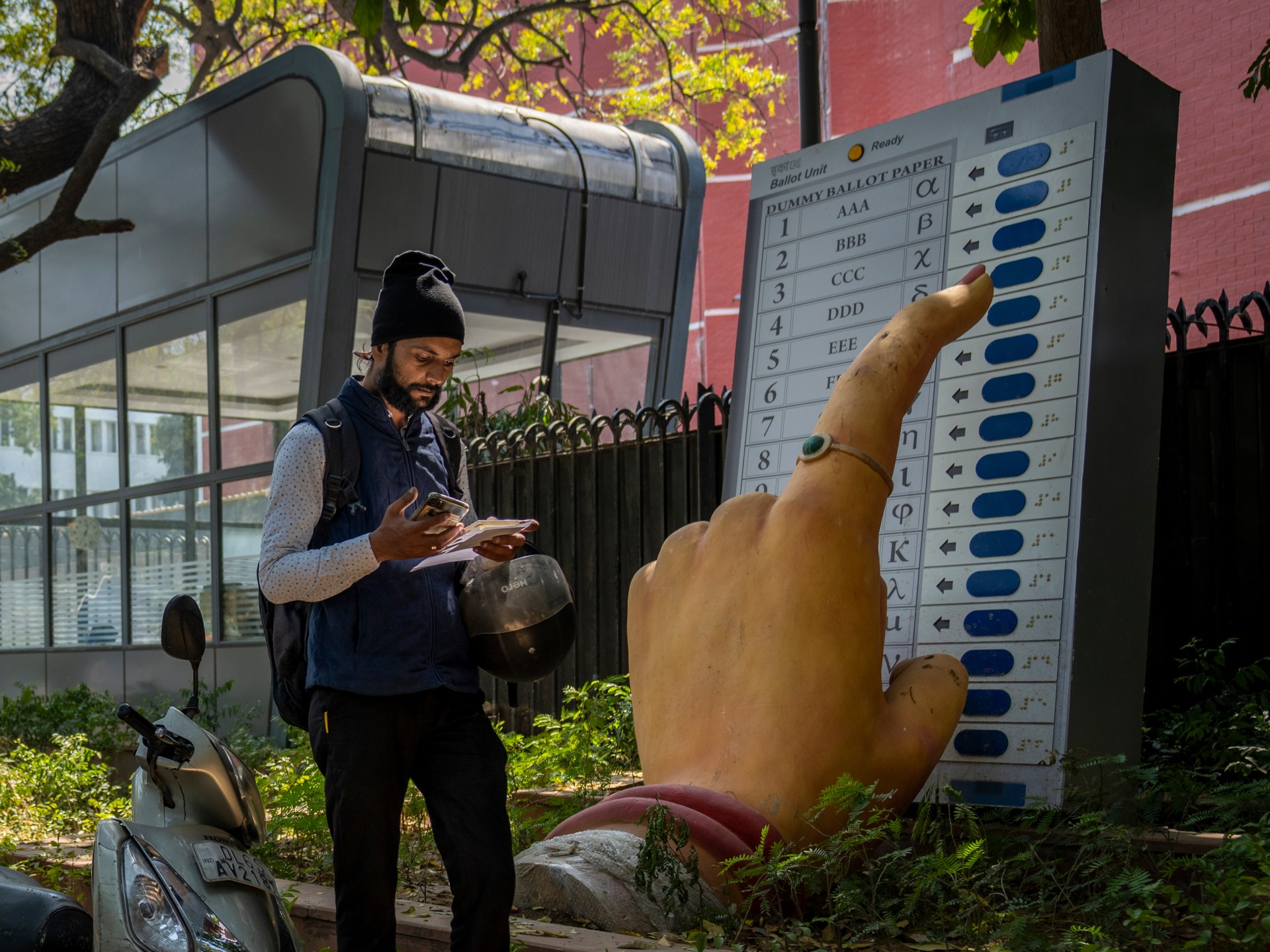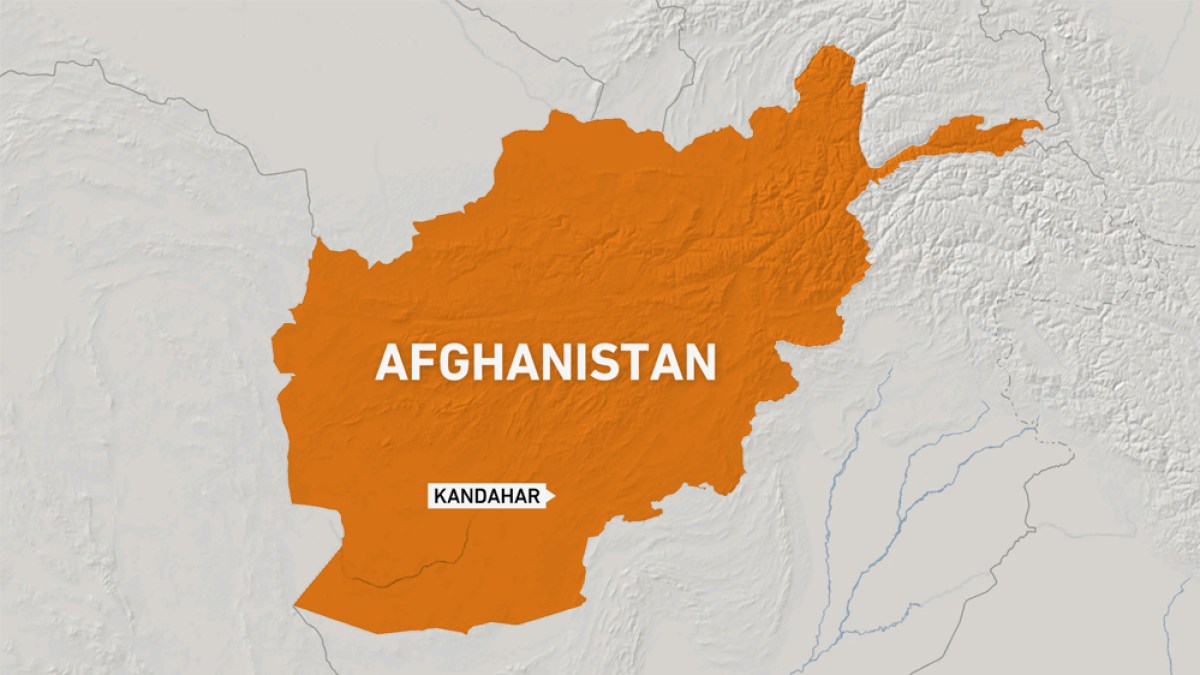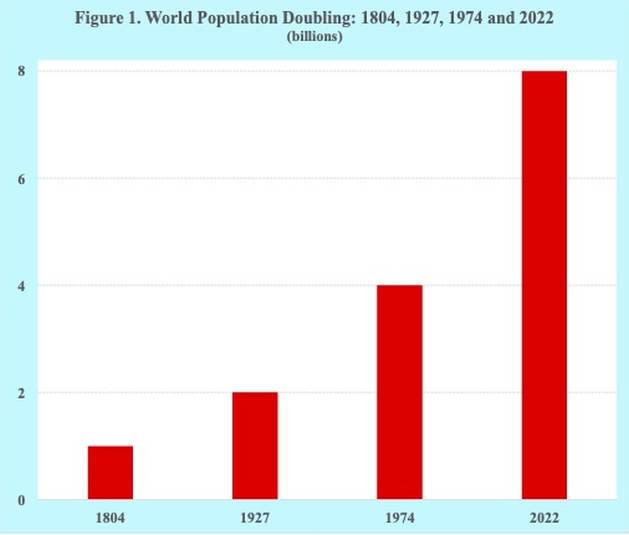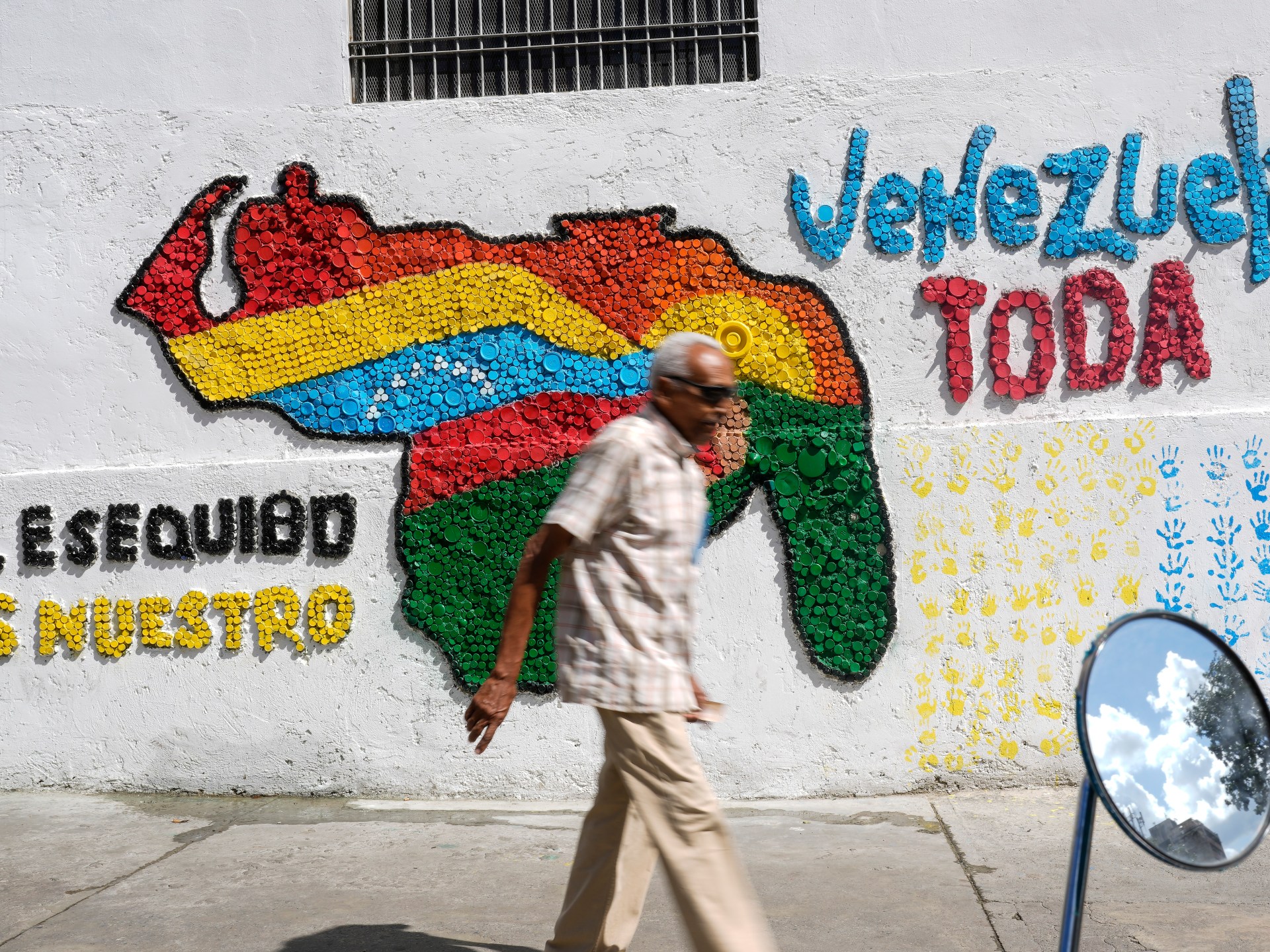Can the vote be rigged? Ahead of India election, old debate gets new life | India Election 2024 News
New Delhi, India – As he launched the main Indian opposition alliance’s election campaign in the middle of March, Congress party leader Rahul Gandhi hit out at two targets: Prime Minister Narendra Modi, whom he described as the “king”, and the electronic voting machines (EVMs) that the country uses to cast ballots.
“The soul of the king is in the EVM,” Gandhi said in Mumbai.
The allegation: that the machines can be hacked, and that Modi’s Bharatiya Janata Party (BJP) owes its electoral dominance over India to that malpractice, even though multiple opinion polls suggest the prime minister’s party is resoundingly the favourite among voters in many parts of the country.
The charge isn’t new. The Congress and some other opposition parties have previously too questioned the trustworthiness of EVMs, machines that are not connected to the internet yet run on chips that critics say could, in theory, be programmed to record votes in a way that doesn’t match the buttons that voters press.
The Election Commission of India (ECI), which conducts the country’s votes, and even the Supreme Court, have rubbished these allegations and no conclusive evidence has emerged yet to substantiate the claims.
But as India now heads for national elections over seven drawn-out phases starting April 19, Gandhi has made the possibility of election fraud a central talking point. The Congress leader, who has been on a long march, is demanding that India return to the paper ballots it used in elections until the late 1990s, which were counted manually.
That demand was rejected last week by the Supreme Court. The Election Commission called it a “regressive” proposal. Yet, the chorus of demands from the Congress and its supporters isn’t going away – even though opposition parties lead governments in almost half of the country’s states, formed through elections also conducted using EVMs. Elections that they won.
Congress leader Digvijay Singh – the former chief minister of the central Indian state of Madhya Pradesh – is a consistent campaigner against the machines. He leads a loosely built group of critics from the country’s opposition parties and nonprofits demanding a return to paper ballots.
Ritu Singh, a young Dalit academic, has been going viral on YouTube, X and Instagram with her comments, speeches and videos, in which she alleges that Indian democracy has been imperilled by EVMs.
In New Delhi, traditional Congress voter Gregory Ekka said he no longer trusts the elections.
“We all vote for the Congress, but we do not know where our vote goes. Till there is EVM, BJP would continue to be in power,” said Ekka, whose tribe from the eastern Indian state of Jharkhand has historically voted for the Congress.
To build confidence in the EVMs, the Election Commission in 2013 introduced the Voter Verifiable Paper Audit Trail, or VVPAT, which is a slip of paper that is visible to the voter for seven seconds before it slides into a box kept alongside the voting machine. On the paper, a voter can check whether their ballot has been recorded correctly.
In 2017, the Election Commission decided that votes on VVPAT slips would be counted, in a handful of polling stations in every constituency, to randomly test whether the tallies matched with those shown by EVMs. The Congress and some other opposition parties are now demanding that VVPAT slips be counted for all polling stations across the country.
But veteran election officers and independent analysts say the opposition is mistaken in questioning the credibility of EVMs.
Former Chief Election Commissioner SY Quraishi said he is convinced that any election rigging cannot be “through EVM”. He said he supports counting VVPAT slips to rebuild trust in the Election Commission as an independent body that holds elections. “Even if it takes more days to count these VVPAT slips to match the EVM count, it should be done,” he said.
But any electoral malpractice that might happen occurs before the actual voting, he said. “Elections can be won or lost before elections,” Quraishi said.
Before every election, the Election Commission puts out advertisements asking voters to check their names in the voter list – to make sure they haven’t been accidentally removed.
“If they do not check how can ECI be blamed,” Quraishi said.
Yet maintaining and updating electoral rolls accurately – and fairly – is no easy task. Weeding out names that are either duplicated or of people who have died is critical, said an Election Commission official who requested anonymity. “After COVID, many names had to be removed,” the official said.
According to the World Health Organization, almost four million Indians died in the pandemic – though the Indian government’s estimation is much lower.
Many civil society activists fear that the revision of electoral rolls is used to remove voters who are inconvenient for the government of the day. “Some of those who would not vote for a political party are weeded out,” said Major General (retired) Anil Verma, who heads the Association for Democratic Reforms, which was at the forefront of the successful efforts to get the Indian Supreme Court to lift the veil on controversial electoral bonds used to fund political parties. “The ECI is not doing enough.”
Ahead of the 2019 elections, activists said tens of millions of Muslim and Dalit voters were removed from the electoral list, prompting fears of a suppressed turnout from segments of the population that often do not vote for Modi or the BJP.
After elections to the legislature of the central Indian state of Chhattisgarh last year, Congress leader Praveen Chakravarty wrote in the Indian newspaper Deccan Herald that he analysed seven pre-poll surveys, 10 exit polls and two post-poll studies that all predicted a higher vote share for the Congress than the BJP. Yet, the Congress lost by 4 percentage points.
Sanjay Kumar, professor at the New Delhi-based Centre of Study of Developing Society, however, said that a “mismatch between survey findings and the final outcome does not mean that the elections have been rigged.” Kumar said he had seen no evidence of “mass rigging” in elections since the introduction of EVMs.
Check out our Latest News and Follow us at Facebook
Original Source







